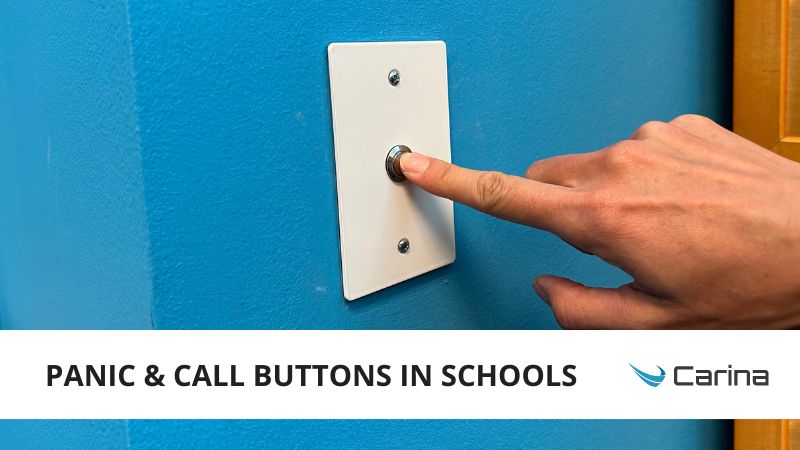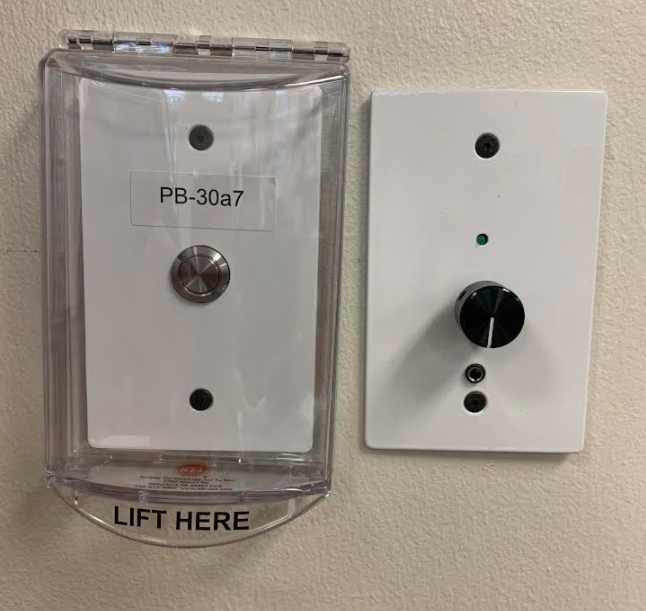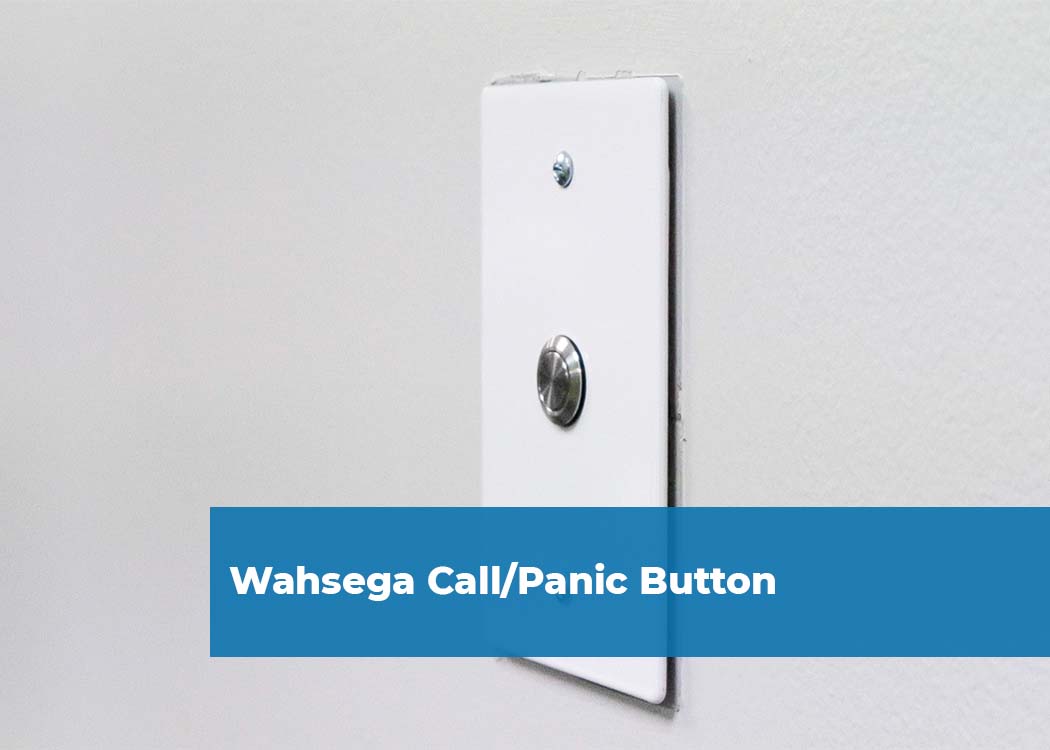For school administrators keen on ensuring the utmost safety for their students and staff, the dilemma often revolves around: should we opt for panic buttons or call buttons? This article delves into their differences, benefits, and the evolving security landscape in educational institutions.
The Difference Between Panic Buttons and Call Buttons
During a meeting with a public school IT administrator, the topic of “panic buttons” was met with a clear preference for avoiding the term “panic.” The school’s approach was not to incite fear but to foster communication. Thus, they chose to install a CALL button in every classroom, enabling teachers to promptly reach out to the front office for various needs – be it managing unruly students or addressing medical emergencies. A unique feature of this system is the dual functionality: a quick press enables two-way communication via the classroom’s PA speakers, while a long press of the button connects directly to the Security Resource Officer (SRO).
Why The Growing Need for Panic Buttons?
Recent heart-wrenching incidents, including school shootings in Uvalde, Texas (2022), and Parkland, Florida (2018), have heightened the focus on school security nationwide. Reflecting this shift, Pembroke Pines Charter School, located near the Parkland incident, partnered with Wahsega to install panic buttons in every classroom. Triggering these buttons initiates an immediate school-wide lockdown alert.
Panic Button with Cover at Pembroke Pines
This evolution in school security measures raises an important question for administrators: “Should my school be equipped with panic buttons or call buttons?”
Legislation to Consider
Several states have passed legislation underscoring the importance of having such systems:
- Texas: Mandates all public schools to feature panic alarms. They’ve also allocated $400 million for safety measures. Learn more about Alyssa’s Law in Texas
- Florida: Instituted “Alyssa’s Law,” requiring Alert Systems in all public schools. More info
- New Jersey: Mandates silent panic alarms in all public schools. More info
- Tennessee: Advises schools to consider district-wide panic alert systems.
Flexibility with Wahsega
For schools seeking flexibility in their approach, Wahsega’s Call/Panic buttons are versatile — they can easily switch between serving as call buttons or panic buttons with a few clicks in the Carina Event Manager. Additionally, no hardware changes are needed, ensuring schools have a cost-effective and adaptable solution for their varying needs.
In conclusion, as school safety continues to be paramount, it’s vital for administrators to stay informed, consider their school’s unique requirements, and make choices that prioritize the well-being of their students and staff. Whether it’s a call button or a panic button, the primary aim remains constant: ensuring a secure and responsive environment for learning.
How can we help?
Related Posts
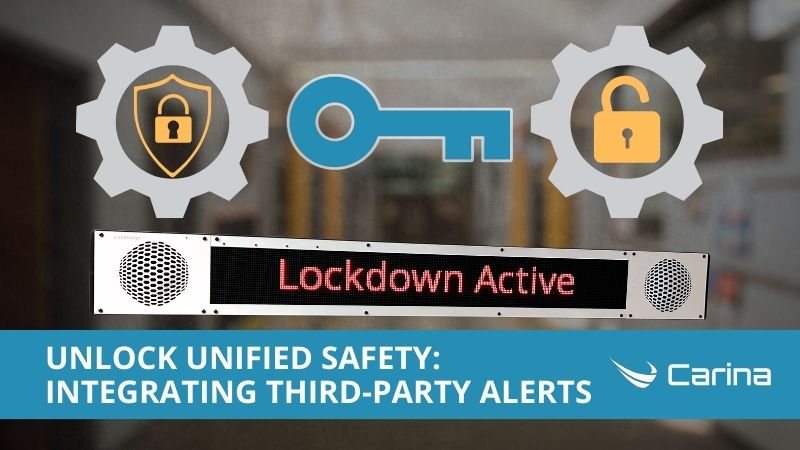
Unlock Unified Safety: Integrating Third-Party Alerts
Carina by Wahsega is a true team player, integrating with safety alert systems including Raptor Alert and 3rd party audio alert sources to enhance your school’s communication.

How Schools Save Money with Wahsega’s Exclusive Wiring Reduction Technology
In an era where K-12 schools are often operating on tight budgets, the need for reliable yet cost-effective technology solutions is more pressing than ever. Wahsega’s exclusive wiring reduction technology offers substantial cost savings without compromising the system’s efficiency.
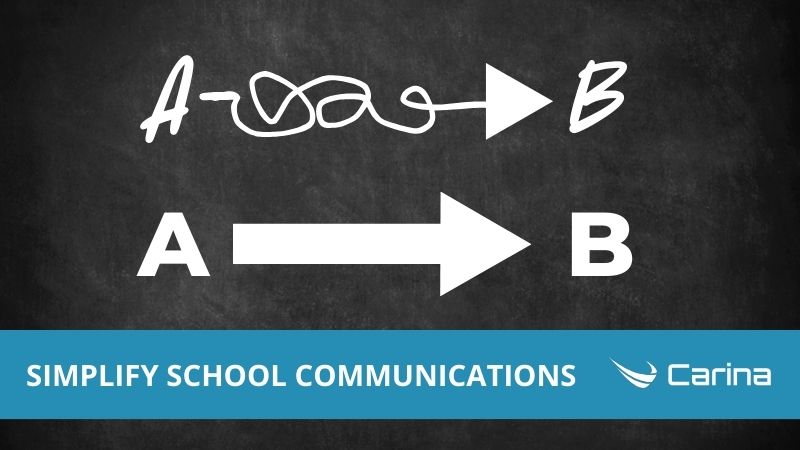
5 Ways to Simplify Your School Communications
From daily announcements to emergency alerts, ensuring clear and efficient communication is crucial for a smooth-running school environment. This article will explore 5 easy ways to simplify school communications using the Carina system.


